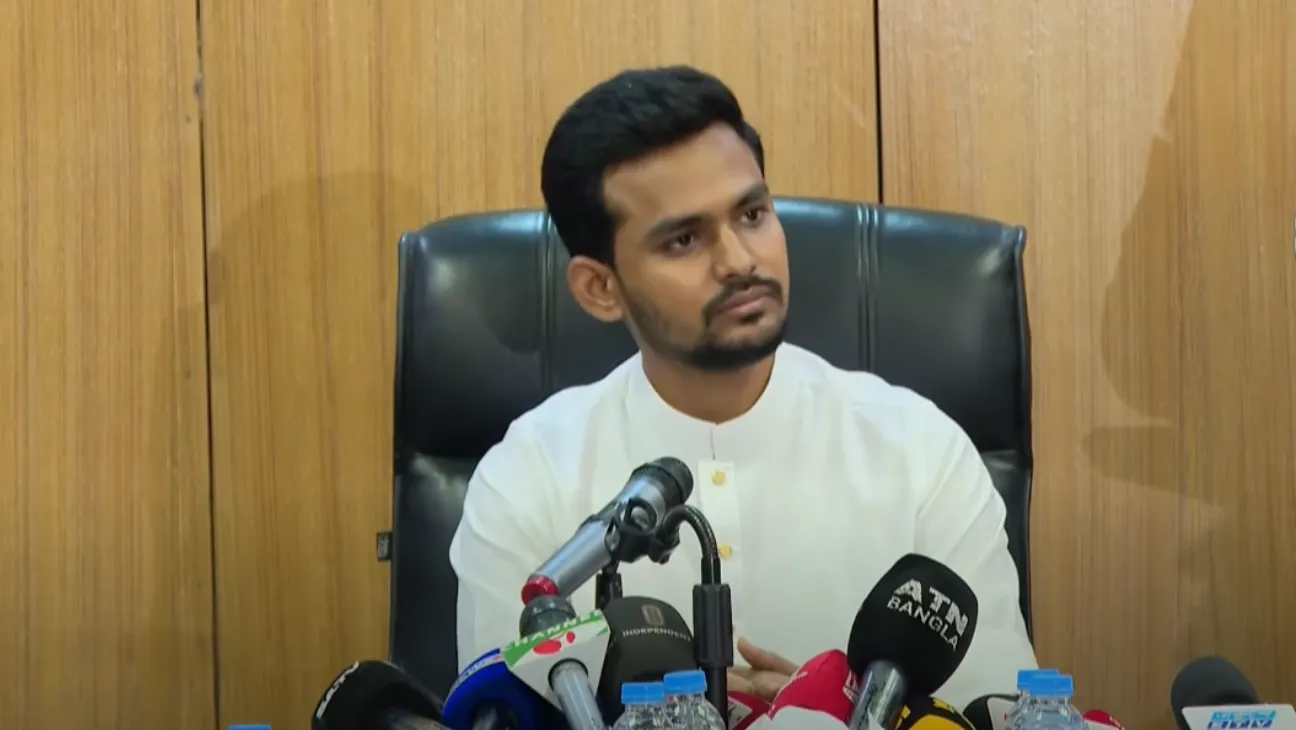Bangladesh’s interim government has launched a nationwide initiative to build public libraries in areas with low literacy rates, starting with 44 upazilas.
Speaking during the foundation stone ceremony, advisor Asif Mahmud said the decision was based on field visits to northern districts, where literacy rates in some areas were found to be as low as 42 percent—nearly half the national average.
“This tells us everything about the region’s educational condition and broader development,” he said.
The government will use a special fund allocation of 230 million taka to build the first batch of libraries. Each library will cost about 5.3 million taka.
The goal, Asif Mahmud said, is to eventually ensure every upazila in the country has a dedicated, functional, and modern public library.
A space beyond books
The project is designed to make libraries more than just buildings.
“In today’s digital era, where everyone is glued to their phones, we want to create a space people actually want to visit,” he added.
Each facility will be built to attract users with updated designs and resources.
The LGED built several prototypes before settling on a final design for the launch. The construction is likely to wrap up by year’s end.
Beyond libraries: A regional focus
The library project is part of a broader push to address historical disparities in development, especially in northern Bangladesh.
Mahmud acknowledged that certain regions were neglected due to what he called “political vengeance” by past governments.
Efforts are now underway to reallocate infrastructure budgets to these areas.
The government is also reviewing older rural development plans to fix imbalances in road and facility distribution.
“Some upazilas had paved roads everywhere. Others, like parts of Rangpur, had almost nothing. We’re correcting that,” Mahmud said.
Housing and agriculture initiatives
New housing projects are being prepared for residents displaced by erosion along the Teesta River.
The government has identified five high-risk northern districts for these efforts.
There are also plans to support local farmers.
Despite strong crop yields, poor storage and lack of processing facilities mean farmers often miss out on fair prices.
An assessment is underway to establish food storage and processing units in key locations.
Sports and decentralization
The advisor said decentralizing sports is another priority.
Currently, Dhaka hosts most international games, with Chattogram and Sylhet getting the occasional match.
Discussions with the BCB are ongoing to resume games in Rajshahi and start hosting in Khulna.
Meanwhile, Nilphamari has been selected for football development, with plans to upgrade its stadium for international events.
“The aim is to let people in remote areas enjoy the same sporting opportunities as those in major cities,” Mahmud said.
Concerns over dengue, city services
At the event, Asif Mahmud also spoke about the dengue outbreak and service issues in Dhaka South City.
He said the government is aware of public dissatisfaction and is working with the local government division and both city corporations to address the issue.
“Some actions may not be visible, but work is being done,” he said, adding that awareness campaigns are also needed alongside city-level operations.
On the ongoing deadlock in Dhaka South, where the mayor declared himself active despite being suspended, Mahmud acknowledged the political sensitivity.
“We don’t support any behavior that blocks essential services,” he said. “The situation requires a responsible approach. Coordination is key.”
He confirmed that discussions are taking place at the highest levels to resolve the crisis soon.
Looking ahead
The advisor closed the session by reiterating the government’s focus on equitable development.
“No region should suffer or benefit more simply because of politics,” he said.
The 44 libraries now under construction mark the first step in what officials hope will be a lasting shift toward balanced, inclusive growth.









